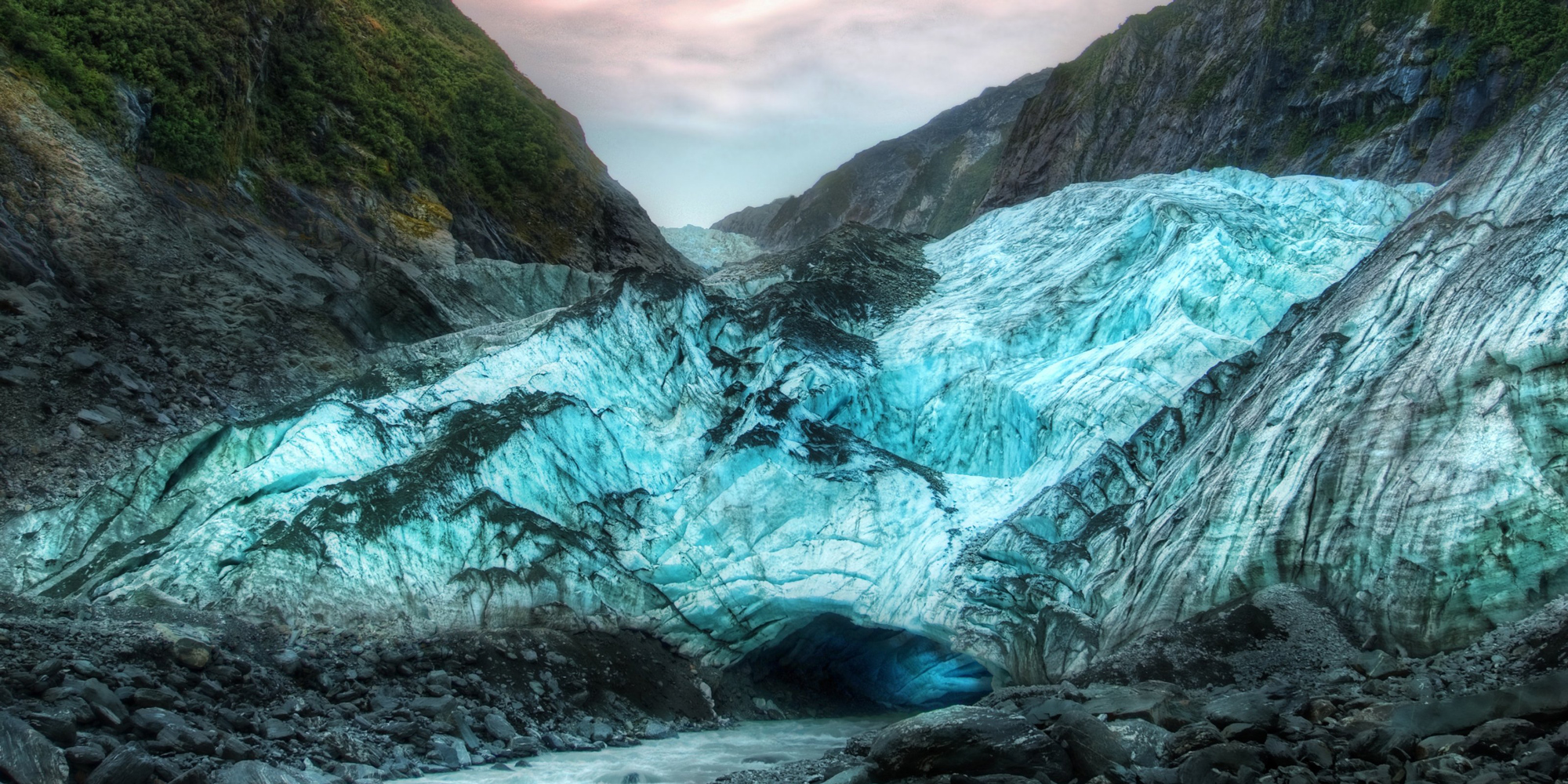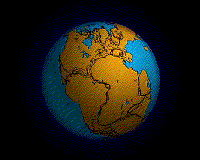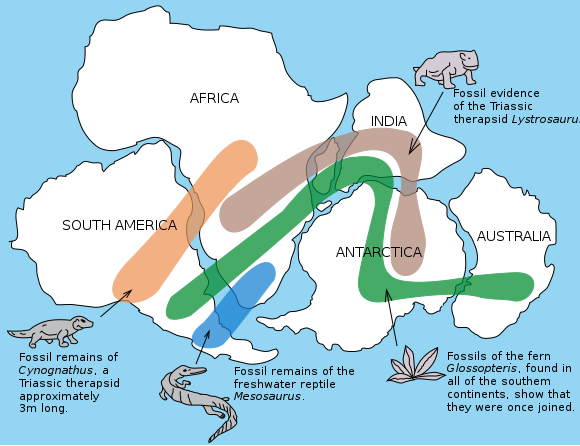 |
| A Group Photo |
This was a place I shared my learning up to December 2021.From 2022 onwards I used a different blog platform.
Thursday, September 27, 2018
Our Business!!
Yesterday, we had our Market Day. A few posts ago, I had posted about the update of how well our business is doing, 'We've Been Working Hard'. As I told you, we were making Ice Cream Sandwich Cookies. So we decided to make them because it is popular and people like eating Ice Creams. The forecast said that it is a sunny day. Our company name is the Ice Cream Sandwich Factory.
When we went to our groups, we had everything that we needed. After break, we got our equipment and went to our table. The Market Day was about to run from 10:30 AM to 2:00 PM. There were heaps of stalls because the Market Day is for Year 7s to Year 10s. It was sunny with light wind. We had customers liking the cookies that we made. At the end of the day, we were proud of what we had done. We had a profit of $11.10 of our $28.00. I hope you like my post. Have a cool 😎 day!! Bye!!
Labels:
Kete,
Market Day,
Term 3 2018
Wednesday, September 26, 2018
The Famous Crown Jewels
For this post, we are looking at the Tower of London. So we had to make a presentation about the Tower of London. It took time but I had done hard work on it. I had to make this presentation because we had to read Gangsta Granny from David Williams. We were up to the part where Ben wanted to steal the Crown Jewels from the Tower of London. We had to make our presentation in Google Slides. In our presentation, we had to include,
- Crown Jewels
- Where is the Crown Jewels kept?
- Where is the Tower of London?
- How long has the Tower been there?
- What has The Tower been used in the past?
We could use more information if we liked. Here's my presentation below. ⬇️
Labels:
Gangsta Granny,
Presentation,
Term 3 2018,
Tower of London
Thursday, September 20, 2018
We've Been Working Hard!
In Kete, we have been doing Business and Enterprise since Week 7. All of the Year 7s and 8s were split into different classes. I was in a year 8 class where we had to choose our groups. I was in a group of four and I was with Robbie, Christian and Dylan. We chose different items like Ice-Cream Sandwich Cookies, Waffles, Muffins and Cookies. There were criteria's that we needed to choose. Our item was Ice-Cream Sandwich Cookies because it is delicious and people like eating it on a hot day. Our product is aged from people who are between 6-15 years old. We had a budget of $20 to spend on for our product.
Next, we had to write a financial letter to our assistant principal for the $20. After sending him the letter we had to wait for the agreement. There was a letter to us about what we need to change. We resent the letter and he agreed that we convinced them for the $20.
After writing our letter we had to make a logo and slogan for our company. It took one person to do it because it was easy. We had to do the Marketing Plan, so we needed to write what are we going to put our product on, what's our price, where are we going to put our stall and our promotion.
Later, we had to make banners that we need to put on our table. It took some time but it looks really good and we are proud of it.
We had to list our tasks that we had done and what we need to do. We all had different tasks that we had to do. After a long time of doing work, we are proud of what we have done. On Wednesday 26 September (next week) there is a Market Day that we will be selling our products. I hope you like my post. Have a cool day!! Bye!!
Next, we had to write a financial letter to our assistant principal for the $20. After sending him the letter we had to wait for the agreement. There was a letter to us about what we need to change. We resent the letter and he agreed that we convinced them for the $20.
After writing our letter we had to make a logo and slogan for our company. It took one person to do it because it was easy. We had to do the Marketing Plan, so we needed to write what are we going to put our product on, what's our price, where are we going to put our stall and our promotion.
Later, we had to make banners that we need to put on our table. It took some time but it looks really good and we are proud of it.
We had to list our tasks that we had done and what we need to do. We all had different tasks that we had to do. After a long time of doing work, we are proud of what we have done. On Wednesday 26 September (next week) there is a Market Day that we will be selling our products. I hope you like my post. Have a cool day!! Bye!!
Labels:
Kete,
Market Day,
Term 3 2018
Thursday, September 13, 2018
Want to go to Yellowstone National Park?
For today's post, we are looking at Yellowstone National Park. We are looking at the best places to visit at Yellowstone National Park. Do you know where is Yellowstone National Park? Yellowstone National Park is in Wyoming (mostly), Montana and Idaho - United States of America. Here are things to do in Yellowstone National Park.
How Animals and Humans Clash and Coexist in Yellowstone | National Geographic
Yellowstone's Water "Secrets" | National Geographic
Stunning Footage: Epic Animal Migrations in Yellowstone | National Geographic
5 Iconic Animals of Yellowstone | National Geographic
- Grand Prismatic Spring
- Old Faithful
- Yellowstone Caldera
- Upper Yellowstone Falls
- Yellowstone Lake
- Grand Canyon of the Yellowstone
- Morning Glory Pool
- Tower Fall
- Firehole River
- Castle Geyser
- Grizzly & Wolf Discovery Centre
- West Thumb Geyser Basin
- Mount Washburn
InDepth: Waters of Yellowstone | Yellowstone NPS
Basic Information
Address: Yellowstone National Park Headquarters
2 Officers Row
Yellowstone National Park Headquarters
Yellowstone National Park, WY 82190
Entrance Fees:
Yellowstone (non-commercial vehicle) - $35.00
Yellowstone (motorcycle or snowmobile) - $30.00
Yellowstone (individual on foot, bicycle, etc.) - $20.00
Visitor Centres
- Albright Visitor Centre
- Canyon Visitor Educational Centre
- Grant Visitor Centre
- Museum of the National Park Ranger
- Fishing Bridge Visitor Centre & Trailside Museum
- Madison Information Station & Trailside Museum
- Norris Geyser Basin Museum & Information Station
- Old Faithful Visitor Educational Centre
- West Thumb Information Station
- West Yellowstone Visitor Information Centre (NPS Desk)
- West Yellowstone Visitor Information Centre
Facts | yellowstonenationalpark.com & nps.gov
- Yellowstone National Park is the first national park.
- Yellowstone National Park was established on 1 March, 1872.
- 9 visitor centres
- The size of Yellowstone National Park is 2,219,789 acres. It's larger than Delaware and Rode Island combined.
- The park is covered by 5% water, 15% grassland and 80% forests.
- Norris Geyser is the hottest geyser in Yellowstone National Park.
10 Tips of What to do at Yellowstone National Park
- Visit Yellowstone Lake in the Afternoon.
- See Old Faithful in the early morning or in the evening.
- See the Grand Prismatic just a few kilometres away from Old Faithful.
- Take a hike.
- Look for wildlife at the right time. The best chance of spotting the park's legendary bison as well as other critters in the early morning or evening.
- Bring binoculars
- Explore Lamar Valley.
- Stop at the visitor centres.
- Look at the stars. Go outside after dark.
- Carry a flashlight at night.
Videos | National Geographic
Here is the top five must attractions in Yellowstone National Park | National Geographic
How Animals and Humans Clash and Coexist in Yellowstone | National Geographic
Yellowstone: An American Treasure | National Geographic
Yellowstone's Water "Secrets" | National Geographic
Stunning Footage: Epic Animal Migrations in Yellowstone | National Geographic
5 Iconic Animals of Yellowstone | National Geographic
I hope you like my post. Comment down if you have learnt something new or want to go to Yellowstone National Park! Have a cool day!! Bye!!
Labels:
🌍,
Earth,
Geology,
Science,
Term 3 2018,
Yellowstone National Park
Monday, September 10, 2018
I Need Your HELP!
For this post, I'm doing a post about a challenge that I'll be doing for a few weeks. It's the Commenting Challenge. So for a few weeks, we need to track how many comments that we get and who it is from. Each group has different points. The team with the most points wins the challenge with a reward. You need to help me with this challenge. "I NEED YOUR HELP!" Please comment down below! I hope you like my post. Again, please comment down below to help me. Have a cool day!! Bye!!
Labels:
Commenting Challenge,
Cybersmart,
Term 3 2018
Sunday, September 9, 2018
Where's New Zealand's Glaciers?
 |
| New Zealand's Glacier |
 |
| Helicopter Passing Through the Southern Alpers. |
Now I'll tell you facts about the glaciers in New Zealand.
- New Zealand was used to be one island of Glaciers.
- Mt Ruapehu holds 18 glaciers on one volcano.
- You can find gold on the river beds, streams and beaches near the glaciers.
- By 2100, Franz Josef would shrink by 38%.
- Franz Josef and Fox Glaciers cause flash floods.
- There are two planes discovered inside glaciers.
What I've Learnt
- Glaciers begin to form when snow stays in the same spot all year round. Enough snow gathers to transform into ice.
- Franz Josef Glacier, Fox Glacier and Tasman Glacier are the most famous glaciers in New Zealand.
- New Glaciers in New Zealand.
- Mt Ruapehu is a glacier.
- New Zealand was used to be one island of glaciers.
- Mt Ruapehu holds 18 glaciers.
- We can find gold on the river beds, streams and beaches near the glaciers.
- By 2100, Franz Josef would shrink by 38%.
- Franz Josef and Fox Glaciers cause flash floods.
- There are two planes discovered inside glaciers.
Labels:
🌍,
Earth,
Geology,
Science,
Term 3 2018
Saturday, September 1, 2018
Was Earth Different?
For today's post, we are looking at how was Earth a few million years ago. Was Earth the same as before? Has Earth changed? I'll tell you about it in this post. If you haven't seen my last two posts, 'What's Inside Earth' and 'Plate Tectonics', check it out. If you don't know, I have started a new science badge of Geology, so check it out. This post is about the continental drift. First, watch how Earth started and how it is today. Has it changed a lot? Watch it below ⬇️. I hope you like this post. Comment down below if you've learnt something new. Have a cool day!! Bye!!
Around 300 million years ago, Earth hadn't had the seven continents that we have now, but instead, there was one massive supercontinent, Pangaea. Pangaea was the most recent supercontinent. Alfred Wegener convinced that Earth's continents were once part of a supercontinent, Pangaea. Alfred trained as an astronomer, used botany, biology and geology to explain Pangaea and the continental drift. One example is fossils of the ancient reptile mesosaurus that are only found in South America and southern Africa. Mesosaurus is a reptile that is freshwater and it is just only one metre long, the reptile couldn't have swum the Atlantic Ocean.
Below is a video from Khan Academy showing Pangaea's idea and some evidence about it. Next, we are going to look at the first supercontinent.
The first known supercontinent is Vaalbara. There is evidence of the first cratons in South Africa and Western Australia. The crust from Vaalbara is back 2.7 to 3.6 billion years ago.
Vaalbara's name comes from two cratons which were believed to be combined about 3.1 billion years ago. The first craton which now is in South Africa named Kaapvaal Craton. The second craton is the Pilbara craton which is in Pilbara, West Australia. Approximately 2.5 billion years ago the supercontinent split apart from each other. Their drift routes present additional evidence that they were once connected.
What I've Learnt
Quiz
Here's a quiz for you of the video. Comment down below to answer! Be the first one to answer!
- When was the first sight of New Zealand?
- Is the supercontinent Arctica relate to Antarctica or the Arctic?
- What supercontinent was when it was -2018 Myr?
- Was Eon, Era and Period were it at the present day (today)?
- How long was Pangaea for?
- Where was the most land in the supercontinent Gondwana?
- Which country went from Antarctica to Asia, that made the Himalayas?
- Was Australia connected to Antartica?
- Where was North America when Pangaea ended?
- How long did South America and Africa attached together?

Pangaea
 |
| Fossil patterns across Gondwanaland |
 |
| Alfred Wegener |
Around 300 million years ago, Earth hadn't had the seven continents that we have now, but instead, there was one massive supercontinent, Pangaea. Pangaea was the most recent supercontinent. Alfred Wegener convinced that Earth's continents were once part of a supercontinent, Pangaea. Alfred trained as an astronomer, used botany, biology and geology to explain Pangaea and the continental drift. One example is fossils of the ancient reptile mesosaurus that are only found in South America and southern Africa. Mesosaurus is a reptile that is freshwater and it is just only one metre long, the reptile couldn't have swum the Atlantic Ocean.
Below is a video from Khan Academy showing Pangaea's idea and some evidence about it. Next, we are going to look at the first supercontinent.
The First Supercontinent
The first known supercontinent is Vaalbara. There is evidence of the first cratons in South Africa and Western Australia. The crust from Vaalbara is back 2.7 to 3.6 billion years ago.
Vaalbara's name comes from two cratons which were believed to be combined about 3.1 billion years ago. The first craton which now is in South Africa named Kaapvaal Craton. The second craton is the Pilbara craton which is in Pilbara, West Australia. Approximately 2.5 billion years ago the supercontinent split apart from each other. Their drift routes present additional evidence that they were once connected.
What I've Learnt
- About the fossil patterns that were across South America, Africa, India, Antarctica and Australia.
- Alfred Wegener had the first theory about the continental drift.
- Alfred Wegener tranined as an astronomer.
- Mesosaurus was a reptile that was only found in South America and southern Africa.
- Mesosaurus is only one metre long.
- The first cratons are in South Africa and Western Australia.
- The crust from Vaalbara is back 2.7 to 3.6 billion years ago.
- Vaalbara's name comes from two cratons.
- South Africa's craton name is Kaapval Craton.
- Western Australia's craton name is Pilbara Craton.
- Around 2.5 billion years ago the supercontinent split apart.
Labels:
🌍,
Earth,
Geology,
Science,
Term 3 2018
Subscribe to:
Comments (Atom)
